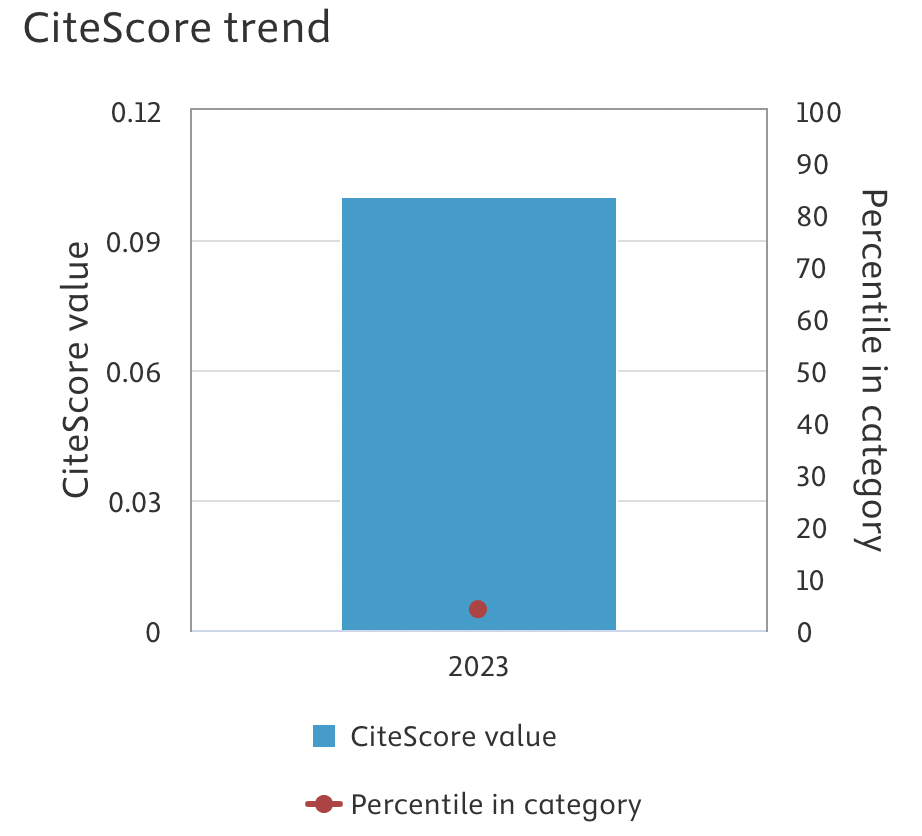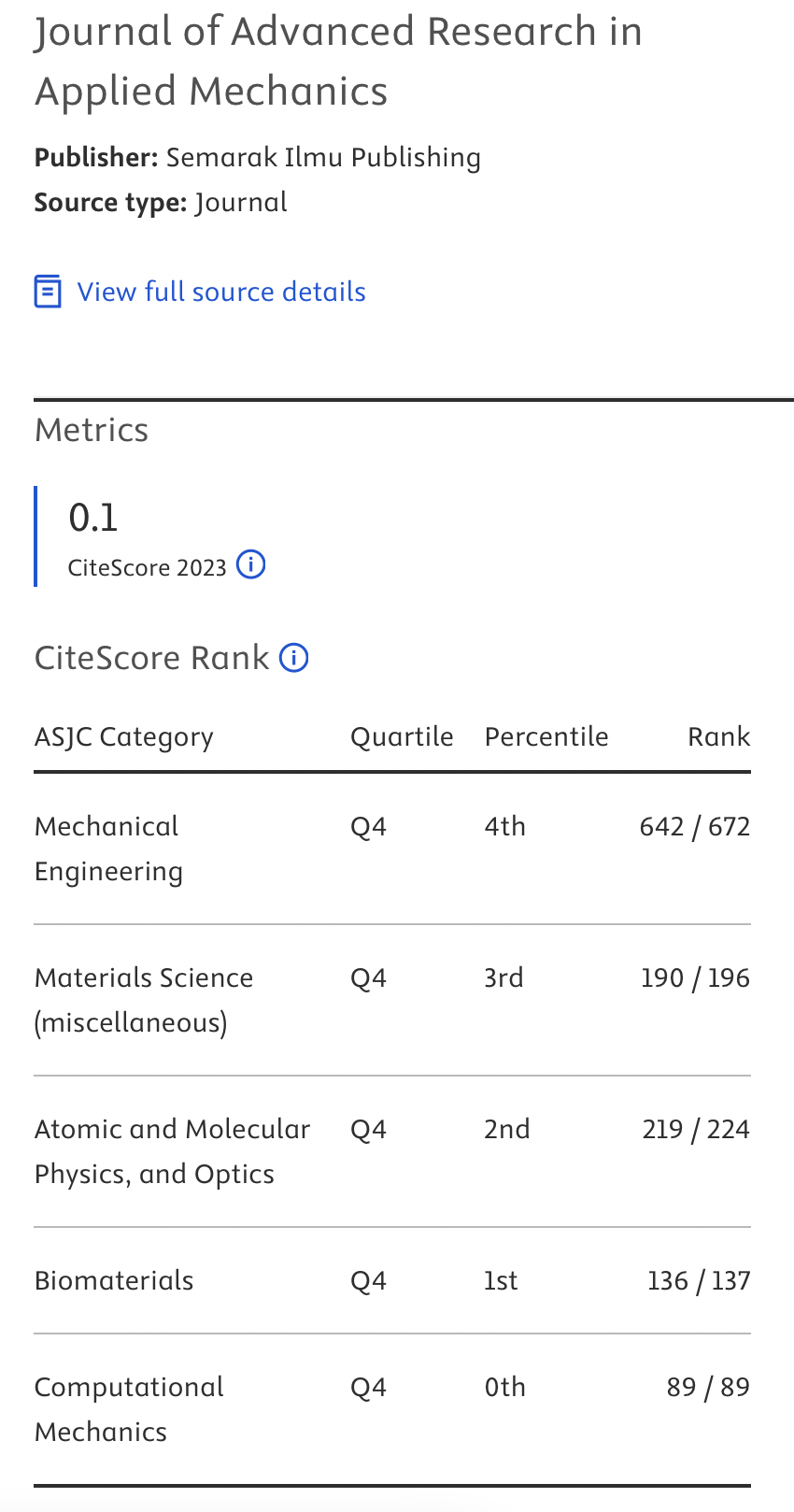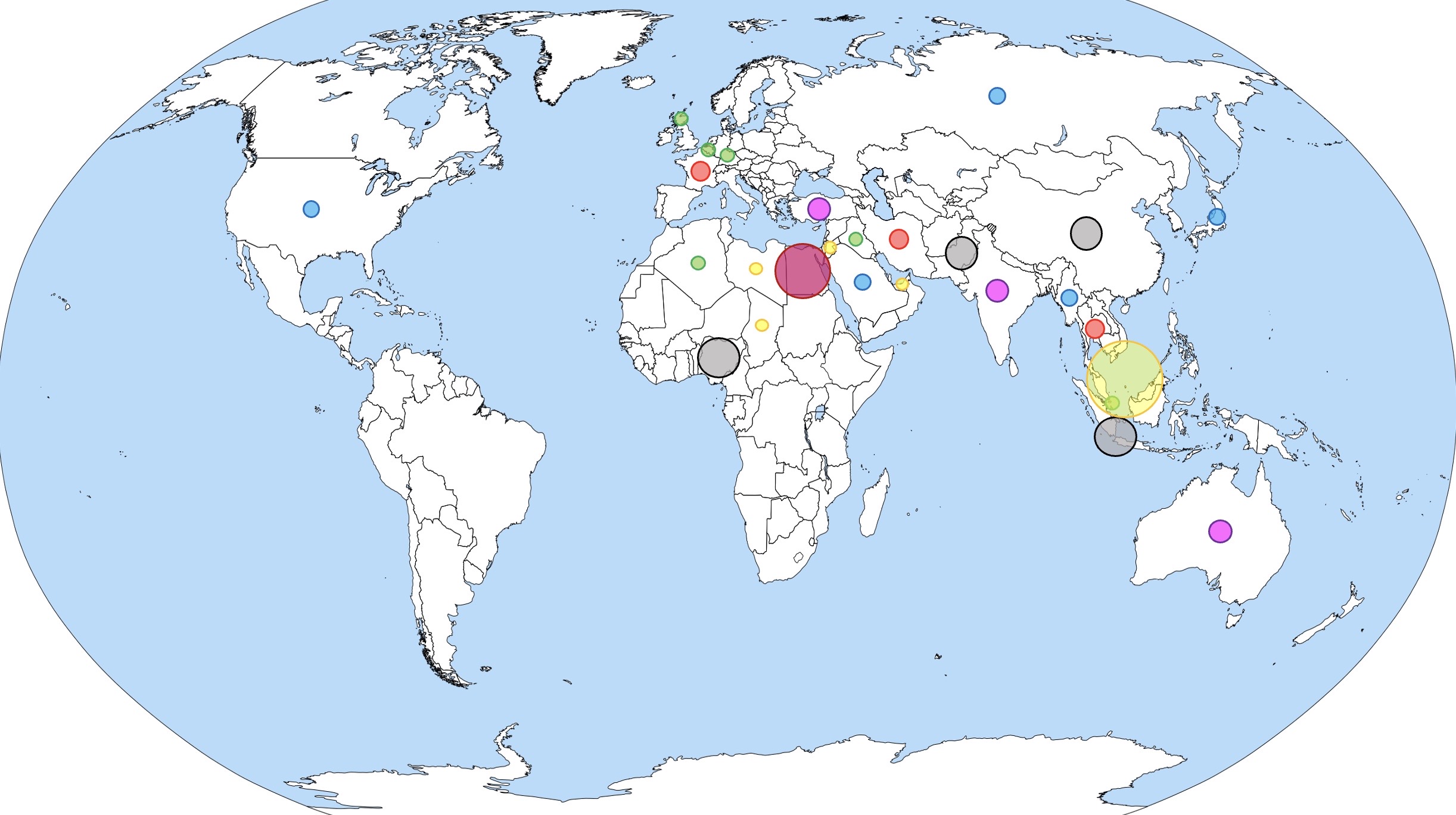Effect of Storage Temperature of Articular Cartilage on Magnetic Resonance Imaging Greyscale and Biomechanical Properties
DOI:
https://doi.org/10.37934/aram.128.1.4049Keywords:
Elastic, modulus, permeability, low-field, MRI, greyscale, articular cartilageAbstract
Storage and preservation of articular cartilage are important in experimental studies. Various storage temperatures were used which led to conflicting results on the biomechanical properties of the cartilage. Therefore, this study aimed to examine the effect of storage temperature on the magnetic resonance imaging (MRI) image and biomechanical properties of articular cartilage. The cartilage specimens were extracted from hip bovine joints which were then tested in fresh condition and in a single freeze-thaw cycle at -20°C to observe the effect of the temperature. Low-field MRI was utilized to obtain the images which were processed to determine the greyscale intensity of the cartilage. Subsequently, indentation tests were conducted on the cartilage and the data was integrated with finite element analysis to characterize the biomechanical properties of permeability and elastic modulus. Based on the results, the elastic modulus of the frozen cartilage decreased to 29%, while the permeability increased to 77% compared to the fresh cartilage. Furthermore, a strong positive correlation (r=0.85) was found between MRI image greyscale and permeability, while a negative moderate correlation (r=-0.51) was obtained between MRI image greyscale and elastic modulus. These findings highlighted the significant effect of storage temperature on the MRI image greyscale and biomechanical properties of cartilage.
Downloads



























